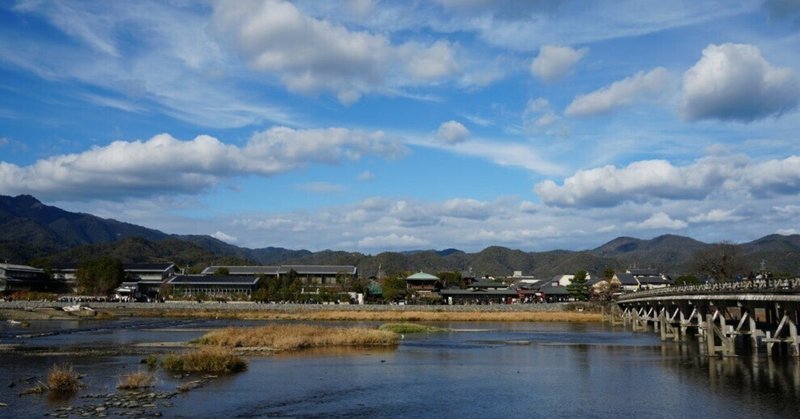
I saw a completely different Vietnam from what was reported in the media.
The following is a continuation of Masayuki Takayama's article.
Vietnam, where women are powerful
Later, I went to work for the Foreign Press Service and traveled through that country after the Vietnam War, from Dong Dan in the north to Chang Bang in the south.
I also made a return visit with Masahiro Miyazaki and others after that.
I saw a completely different Vietnam from what was reported in the media.
First, that country was not a dark communist state but a country of love hotels, restaurants full of people, and everyone enjoying life.
Another thing.
They hate China.
It's a complete lie that Kissinger paved the way for peace through Mao Zedong.
In the "Rambo" movies, women are abused, but in this country, women are powerful.
"Men are no better," said Nguyen Thiti, a former female Vietcong fighter.
She first crossed the 17th parallel to meet Ho Chi Minh.
Since reunification, she has served as mayor of Saigon and runs 80 companies, including Saigon Satake, a joint venture between Japan and Vietnam.
The executives of the companies are all women.
In a Hollywood movie, a female sniper makes American soldiers tremble, but that is a true story.
Women own this country.
The two-year war after the withdrawal of the U.S. troops was actually to regain the homeland.
During the French-Indian period, the French used the Chinese to dominate the Vietnamese.
In addition to the per capita tax, marriages, births, and funerals were taxed, and the Chinese were responsible for collecting the taxes.
Opium was also sold, and the Chinese constituted a quasi-ruling class.
After the war, the Vietnamese drove out the French at the Battle of Dien Bien Phu.
Next, the Kennedy administration, mistaking Vietnam for a communist power, intervened.
The Vietnam War, as it is called, began, but it also ended with the withdrawal of U.S. troops after almost a decade of fighting.
The last two years of the war were fought to take complete control of the homeland and eliminate the Chinese who had deep roots in Vietnamese society.
As a start, the united Vietnamese took control of Sholon, a Chinese neighborhood next to Saigon, breaking down the walls and ceilings of houses, hiding them, and seizing their gold, silver, and treasures.
The Chinese competed with each other to escape to the sea.
Boat people" actually means the Shina people who escaped.
Chinese pirates from the continent attacked the boat people.
Sometimes, they killed them.
The national character of the Shina people is well expressed.
When I revisited with Masahiro Miyazaki, our interpreter was a Shoronese Shina.
His father was a government official, and his mother was a teacher, but both were fired or lost their jobs.
His house was stripped of its walls and ceilings, he lost his property, and he lamented that he "couldn't even go to college" because of his Shina Chinese origins.
Secretary of State McNamara of the Kennedy administration later remarked, "We didn't know the history of Southeast Asia. We misunderstood it," he said.
He admitted that the Vietnam War was a struggle for national self-determination to regain the homeland from foreign powers.
This article continues.

この記事が気に入ったらサポートをしてみませんか?
